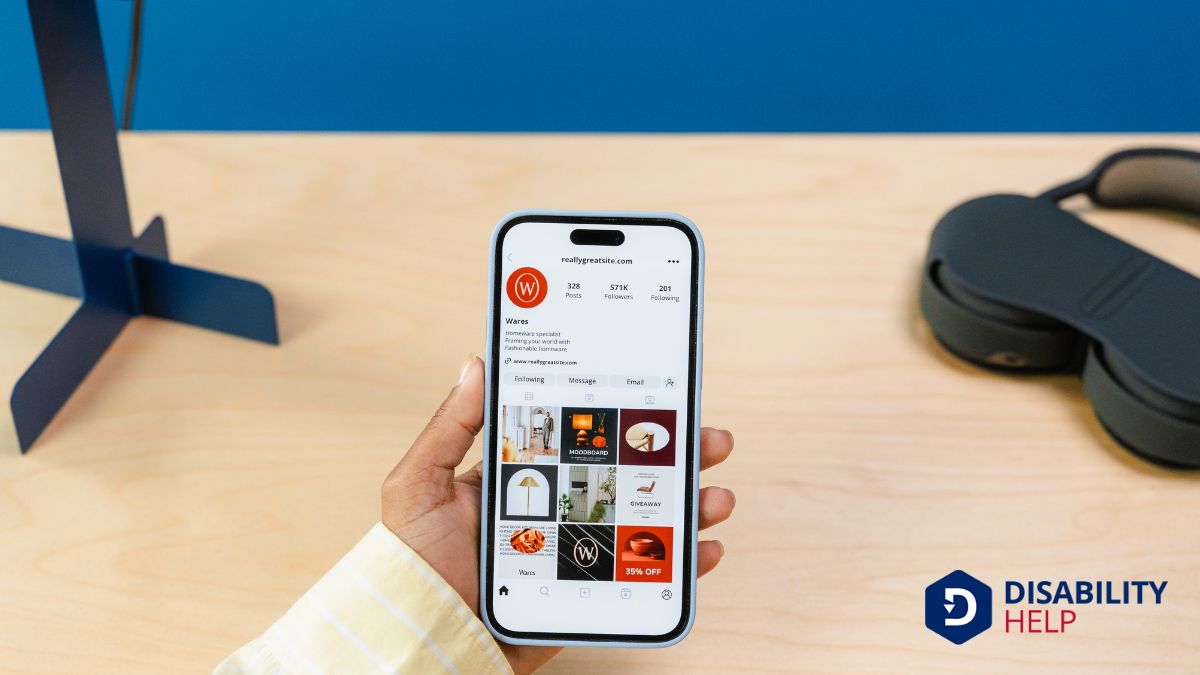In today's digital age, we often share our lives on social media without a second thought. But did you know this could impact your insurance claim? Insurers might scrutinize our online posts for inconsistencies, potentially affecting the outcome. Posts showing activities contradicting claimed injuries or location tags indicating unexpected mobility can raise eyebrows. So, how can we protect our interests in this interconnected world? Let's explore the implications together.
Key Takeaways
- Social media posts can reveal inconsistencies in your claim, impacting its credibility and outcome.
- Insurers may use social media activity to verify the accuracy of your claims.
- Photos or posts showing activities contradicting your claimed limitations can undermine your case.
- Legal entities can use social media as evidence to support or challenge your claim.
- Regularly update privacy settings and avoid discussing claims on social media to protect your case.
Understanding the Role of Social Media in Claims

When it comes to understanding the role of social media in claims, we can't ignore its transformative impact. Social media platforms have changed how we share personal information, and this shift affects claim processes.
As we post updates and pictures, our digital footprints grow, inadvertently providing insights into our lives. These footprints can influence the assessment of claims, as they sometimes reveal inconsistencies or corroborate facts.
Our posts and interactions online can offer evidence that supports or contradicts claim details. We must remain aware of how our online presence might intersect with claim evaluations.
Common Ways Insurance Companies Use Social Media
Insurance companies have become adept at leveraging social media to enhance their claims assessment processes. They often scrutinize our social media profiles to verify the accuracy of claims. By examining posts, photos, and even comments, they can gather additional context about our activities, lifestyle, and potential discrepancies in claims.
For instance, if we're claiming a disability but sharing images of physical activities, they might question the validity of our claim.
Moreover, social media can reveal connections or circumstances that weren't initially disclosed, providing insurers with a broader picture. They aim to guarantee claims align with the reality of our situations.
We must be mindful of the digital footprint we leave, understanding that it can influence the outcome of our claims. Let's use social media wisely.
Examples of Social Media Activity That Could Impact Your Claim
While we're often excited to share our life's moments online, certain social media activities can inadvertently jeopardize our insurance claims.
Let's explore a few examples to understand what to avoid:
- Inconsistent Statements: If we post updates that contradict our claim details, such as saying we're "feeling great" after an accident, it can raise red flags.
- Photos or Videos: Sharing images or clips that show us engaging in activities beyond our claimed injuries or limitations can be used against us.
- Location Tags: Checking into places that suggest we're more mobile than stated in our claim can undermine our case.
The Legal Implications of Social Media Evidence
Despite our best intentions, social media can become a powerful tool in the legal arena, especially in the context of insurance claims. When we post updates, photos, or comments, they can serve as evidence that might support or undermine our claim.
Lawyers and insurance companies often search social media for information that contradicts our statements. A seemingly innocent post about an activity could be interpreted as evidence of exaggerating injuries or damages.
Courts have increasingly accepted social media as valid evidence, which means our online presence can impact legal outcomes. We must be aware that what we share online can be scrutinized and potentially used against us.
Let's always consider the potential legal consequences of our social media activities.
Privacy Settings and Their Effectiveness
As we navigate the digital landscape, understanding privacy settings on social media platforms is essential. They can notably impact how our online activities affect claims.
We might think our posts are private, but are they truly protected? Privacy settings control who sees our content, yet they aren’t foolproof. Here’s how they work:
- Profile Visibility: Adjust settings to restrict who can view our profile. Public profiles are accessible to everyone, including legal entities.
- Post Audience: Choose specific audiences for individual posts. This limits exposure but doesn’t guarantee complete privacy.
- Tagging Permissions: Control who can tag us in posts or photos. This helps prevent unwanted associations that could be used as evidence.
We must regularly review these settings to maintain control over our digital footprint.
Tips for Safeguarding Your Online Presence
Understanding privacy settings is just the beginning of managing our online interactions effectively.
Let's guarantee our social media presence doesn't inadvertently harm our claims. First, we should regularly review and update our privacy settings to control who sees our content. It's wise to think twice before posting, even with stringent settings, because once shared, information can spread. We should also avoid discussing our claims or related incidents online, as this could be misconstrued.
Beyond privacy, let's secure our accounts with strong passwords and enable two-factor authentication.
Be mindful of accepting friend requests from unfamiliar profiles, as they mightn't have our best interests in mind. By taking these steps, we can better protect our online presence and, consequently, our claims.
How to Respond If Your Social Media Is Used Against You
When faced with the unsettling reality of our social media being used against us, it’s vital to act promptly and strategically.
We must first pause and assess the situation carefully to avoid hasty reactions. Here's a plan we can follow:
- Review the Evidence: Understand exactly what's being used against us. Knowing specifics helps us address potential misinterpretations or inaccuracies.
- Adjust Privacy Settings: Immediately update our privacy settings to limit further access to our profiles by unwanted parties.
- Document Everything: Take screenshots and keep records of any relevant posts, comments, or messages that could impact our claims.
This documentation can be critical in defending ourselves later.
Seeking Professional Advice for Managing Your Digital Footprint

While traversing the complexities of our digital lives, it's wise to seek professional advice for managing our online footprints effectively.
Social media experts can guide us in understanding what content might affect our claims and how to present ourselves authentically yet cautiously. They help us craft a digital presence that aligns with our personal and legal interests. By consulting with these professionals, we gain insights into privacy settings, content curation, and the potential implications of our online interactions.
We should also consider legal professionals who understand the nuances of digital evidence. They provide valuable perspectives on how social media can impact legal matters.
Conclusion
In today’s digital age, we must be vigilant about how our social media presence can impact our claims. Insurers are increasingly turning to online activity as evidence, so let's be cautious about what we share. By understanding these risks and taking steps to protect our online footprint, such as managing privacy settings and avoiding claim discussions, we can safeguard our interests. If social media is used against us, seeking professional advice is a wise step forward.






